Newcastle's last home game against Tottenham will be remembered less for what happened on the pitch (the visitors from London won 2: 3), and more for the drama that took place behind the scenes in the days before the opening whistle: it was Newcastle United's first game as the richest football club in the world.
Ten days earlier, on October 10, 2021, the acquisition deal that could cause a global football earthquake was completed: The Saudi Investment Fund, along with British businessmen, had bought the team from the North East of England from the owner for the past 14 years, Mike Ashley, For $ 412 million.
Overnight, Newcastle, which for many years has been shuffling between the bottom and the center of the Premier League table, has become a significant threat to the hegemony of the giant clubs in England and across Europe.
But the story of the Saudi princes who came to "save" the working-class club is just the latest episode in a much bigger drama that has rocked world football for years: the oil powers' takeover of the Gulf of Persia over huge clubs, for reasons far beyond "love of sports" .
"Now we are Saudis!"
Newcastle fans celebrate the acquisition deal // Reuters
Prior to the entry of the Saudi royal family into the football business, Manchester City were considered the richest team in England: the club, which transformed from United's little sister into a title-hungry monster, was acquired in 2008 by Abu Dhabi's royal family, valued at $ 150 billion. .
Sounds like a lot, right?
Well, with an estimated fortune of $ 440 billion, Newcastle's new Saudi owners can swallow City's ones without feeling anything down their throats.
Among the giants since 2011 is also the royal family of Qatar, which with an estimated fortune of about $ 350 billion controls a level hand in Paris Saint-Germain and boasts the most glittering diamond in world football - Leo Messi, who came to the club this year for a modest salary of $ 41 million a year .
It should be noted that the valuations of the royal families in the Gulf are a fairly fluid matter, as not all data are visible and in every family the capital is divided among many princes;
But one thing is clear - these are sums that have no equal in world football.
The "soft power" strategy
Behind the investments of the UAE, Qatar and Saudi Arabia in huge clubs in Europe, there is not only luxury competition between the countries or a particularly wasteful hobby.
In the decade since the outbreak of the "Arab Spring," Arab countries have sought to implement a strategy toward the West known as "soft power."
Against the rise of human rights organizations and the rise of the international media, leaders such as Riyadh's heir, Muhammad bin Salman, and the UAE's acting leader, Muhammad bin Zayed al-Nahian, have internalized that military forces are not enough to preserve power. The affection of the West.
It has previously been claimed that behind Qatar's investment in PSG is the desire to put a finger in the eye of the UAE, which has invested in Manchester City.
But it seems that beyond the competition between the two, which does exist, the countries share the same interest: to inject investment into France and Britain respectively, in order to lubricate relations with them and neutralize criticism.
When Doha takes care of filling the stands of the French team and even recruiting Messi, Paris finds it difficult to speak out in cases like the unfortunate conditions and the many deaths suffered by tens of thousands of foreign workers in Qatar, who took part in preparations for the 2022 World Cup.
This strategy, of course, does not only include football.
According to UAE officials, humanitarian aid and investment in science and culture are diplomatic tools for anything and everything in the campaign to strengthen the country's status.
Against this background, one can also understand the interest behind the tens of millions of dollars that Qatar is investing in the Gaza Strip, or Egypt's mediation efforts between Israel and Hamas.
Arab rulers seek to justify their status in the eyes of Western leaders in order to neutralize in advance their support for opposition elements such as the Muslim Brotherhood, or calls for democratization.
In an interview with Israel Today, Dr. Yossi Mann, from the Department of Middle Eastern Studies at Bar Ilan University, explained that Arab countries, especially the Gulf states, understood that image problems could be addressed through money. Iran and with Hamas, it has managed to improve its image through football. "Qatar has brought the world's awareness to it - there is no one who does not know this country today or has not heard of the World Cup to be held there."
"Qatar and the UAE have always been competitors that used to emulate each other. It's much more than a fight for respect - it's a fight for market share. If Qatar gives money to the World Bank - so does the UAE; and if the UAE invests in football - Qatar is there too. Each one looks at the other and is afraid that they will overtake her.
"These investments serve three purposes for the rulers: they see it first as competition, then as a means of improving image, and also as a way to produce economic diversity that will free them from dependence on oil and gas. Saudi Crown Prince Muhammad bin Salman, Emirate Crown Prince Muhammad bin Zayed and Qatar Amir Tamim bin Hamad al-Thani;
Right now, this strategy seems to be working.
For example, the affair of the abduction of the princess by her father, Amir Dubai, did not particularly excite Britain, where the public is actually known as a fan of scandals.
Relations between the two countries did not deteriorate even after a British court recently ruled that Emir al-Maktoum was responsible for the abduction of two of his daughters - one of them from a mansion in England - and the hacking of his ex-wife's and her lawyer's phones.
On the contrary, a few days after the court's ruling, the UK government's investment arm made its largest investment in 73 years - about $ 1.7 billion - in a joint venture with DP World, the Dubai-based port operator.
The two countries intend to jointly acquire rights to operate and expand three ports in Africa.
Money for Hamas and Messi
The latest acquisition in football, that of Newcastle by the Saudi investment fund, is a direct sequel to the "smile attack" of Regent Muhammad bin Salman. Saudi Arabia, which has been waging a bloody war in Yemen against the pro-Iranian Houthis since 2015, and is in the process of transferring power from King Salman to his son Muhammad, is interested in warming its relations with the West. The brutal assassination of journalist Jamal Hashukaji at the Saudi consulate in Istanbul in 2018 clouded Riyadh's diplomatic ties. In light of these circumstances Saudi Arabia has embarked on a series of reforms in the status of women and launched ventures such as Saudi Arabia 2030, which essentially shift the center of gravity of the economy to investments unrelated to the oil industry.
In fact, the "soft power" strategy, officially launched in the UAE in 2017 (though in practice implemented many years before), is designed to address a challenge that worries the Gulf states: the decline of the oil industry, which raised its profile in the previous century. The huge profits from oil and gas maintained the stability of the government by enabling the security forces and a well-developed welfare system, but no less they bought the West's affection, which for its dependence on black gold demonstratively ignored gross and systematic human rights violations.
According to Dr. Mann, the image issue plays a big role in all the Gulf states that invest in football - but especially in the Qatari investment in PSG: “Qatar has a very big image problem - more than its rival, the UAE.
On the one hand it embraces terrorism and on the other hand it is nice to the whole world.
The Qatari monarchy transfers money to Hamas and at the time also transferred money to ISIS.
In the past, they also transferred money to Chechen separatists.
They play a very problematic game, and investing in football is a great way to whiten all of that. "
On Newcastle's Saudi acquisition, Mann says that "Saudi Arabia learned from its two little sisters and said, 'Wait, who's the biggest economy here? Who's the real landlord here? We. So why are we lagging behind?'
"Their investment was made very late, but it serves the same strategy of improving the image by taking a team that is not one of the football lions, and building a process that begins to promote it."
"Now we are Saudis"
The capital of the Saudi royal house is larger than that of all the Premier League teams combined, and it naturally ignites the imagination of Newcastle fans to the disappointment.
Those less interested in LGBT rights or the fate of pro-democracy Democrats in the Middle East; exactly according to the Saudi plan, are more preoccupied with the big names expected to land at St. James Park Stadium in the coming years. The "soft power" strategy works.
Although Liverpool coach Jurgen Klopp claimed after the purchase deal was announced that "money can not buy success", history proves he can definitely help.
It happened to City and PSG, and it could happen to Newcastle as well.
Right now, at least until the January transfer window, she has nothing to do with the mountain of cash that has landed on her, but when the window opens it will be very interesting to see who arrives and for how much.
It is estimated that several hundred million will be invested in players and a new coach, in addition to which the infrastructure will be seriously strengthened.
Newcastle fans may be opening their eyes today and seeing their team at the bottom of the table and in danger of relegation, but when they close their eyes they see signs of a dollar and great success, which will not surprise anyone if it does arrive.
Already in the game against Tottenham it was possible to see how the fans were quick to embrace their new identity with their eyes closed.
With capes on their heads and big smiles on their faces they lined up at the home stadium like grooms on their wedding day.
"We are Saudis," one of them told the CBS network without hesitation, "we can buy whatever we want."
Newcastle fans 'organizations have tried to maintain a formal façade of concern for human rights, and in a statement issued on their behalf claimed that "the deal has the potential to have a positive impact on the Saudis' attitude towards minorities and LGBT people".
Despite this, not everything went smoothly.
Around the stadium was a vehicle with a picture of the journalist Khushkji, whose successor was Saudi Crown Prince Ben Salman.
"I guess we'll see a lot of things like that," said one of the team's fans, who seemed uninterested in the less sympathetic sides of the new landlord.
In fact, even these Premier League leaders were not bothered by these allegations.
For years they delayed the purchase deal because the Saudis used to "steal" the league's broadcasting rights and broadcast its games in a pirated manner.
Once this matter was settled and the Saudis pledged to pay, the Newcastle purchase deal was quickly approved.
The fact that the club's new boss is suspected of murder, repression and other crimes does not deprive them of sleep.
While the Saudis have provided “proof” that the investment fund that acquired Newcastle is run independently and not by the state, no one is even trying to pretend he is buying this bluff.
In the Gulf states themselves there seems to be no real opposition to the lavish investments of the rulers in football teams.
"People are always asked about their citizens and what they think about it," says Dr. Mann. "Well, it's important to remember that in most of these countries the population is very young.
In the UAE 80% under the age of 40, in Qatar 70% and in Saudi Arabia 70% under the age of 30. The genius of the rulers is that they have well identified what the young people want. "And the young people, it turns out, want Messi, Ambape and de Brauna.
"I think there's a real admiration for this story, of the leader who takes us forward," Mann says.
"When this young man, 36-year-old Muhammad bin Salman, comes and produces hope and vision - it creates for him legitimacy for the continuation of the monarchy in general and for his rule in person. He creates a new cohesion, really with a new Saudi with a single pride."

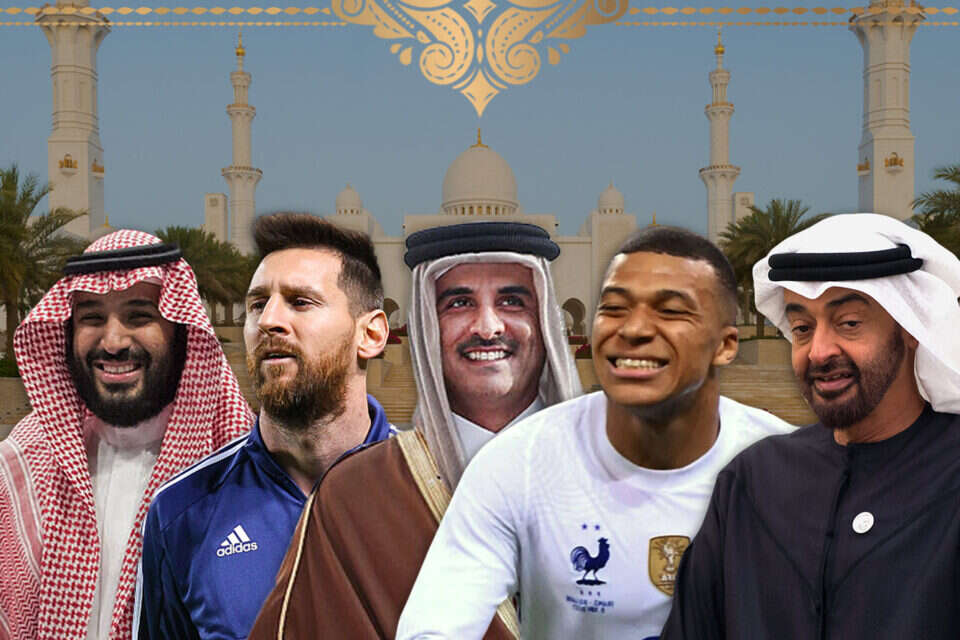
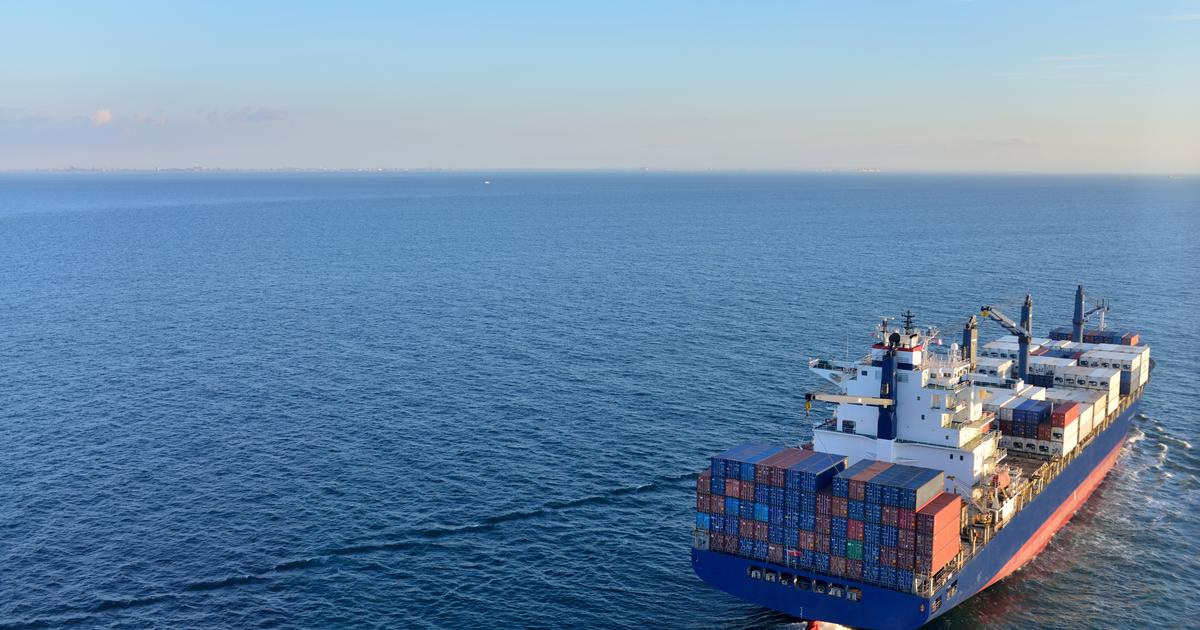
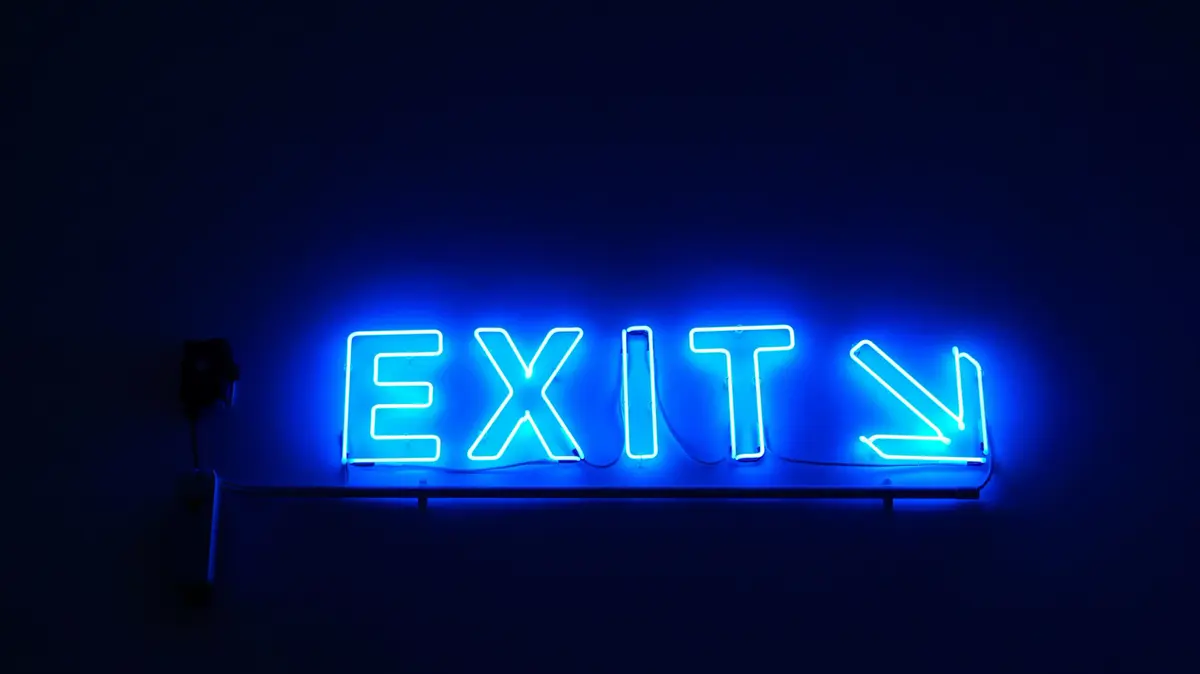
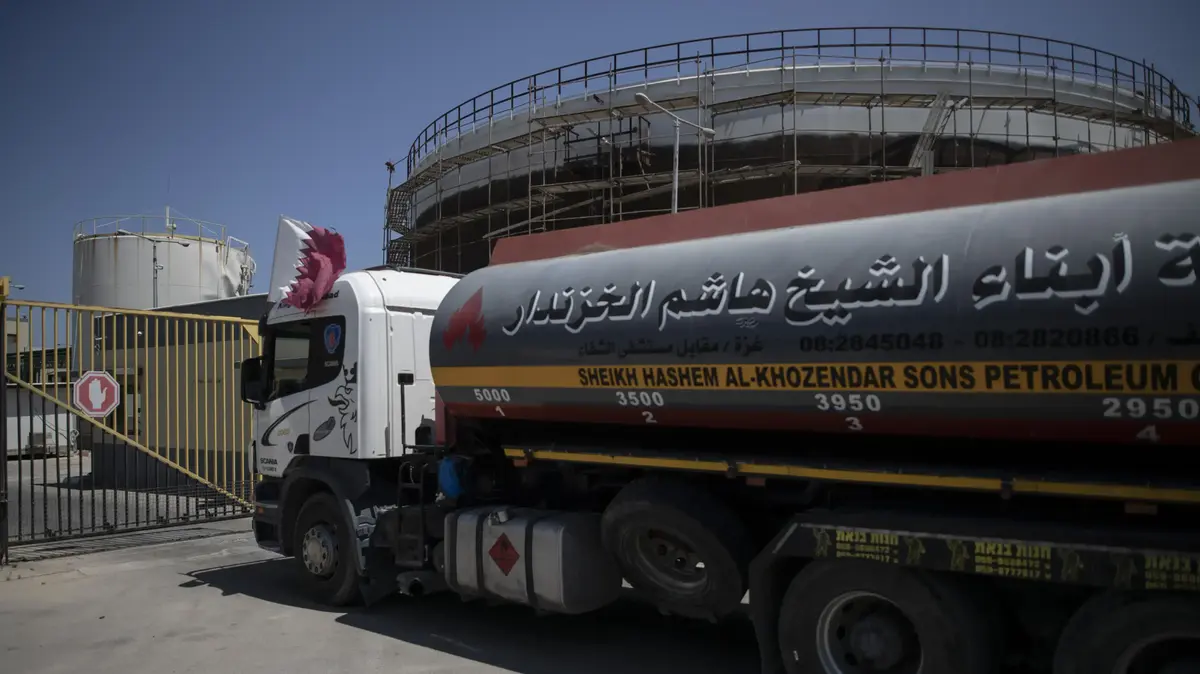


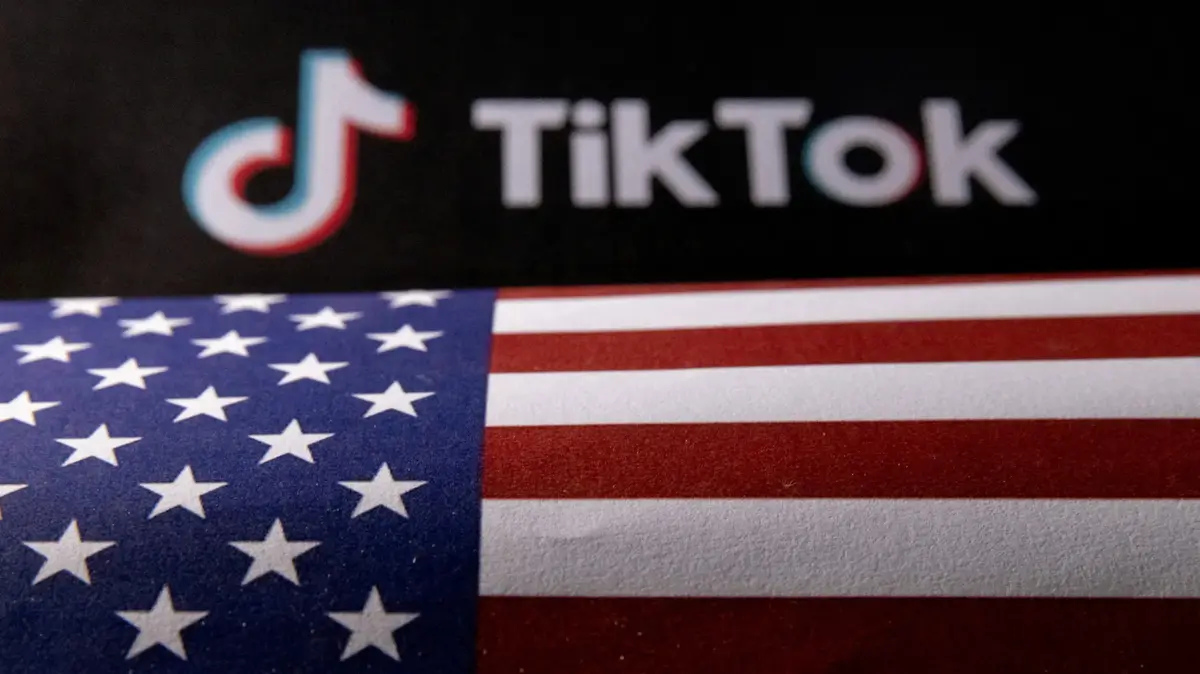

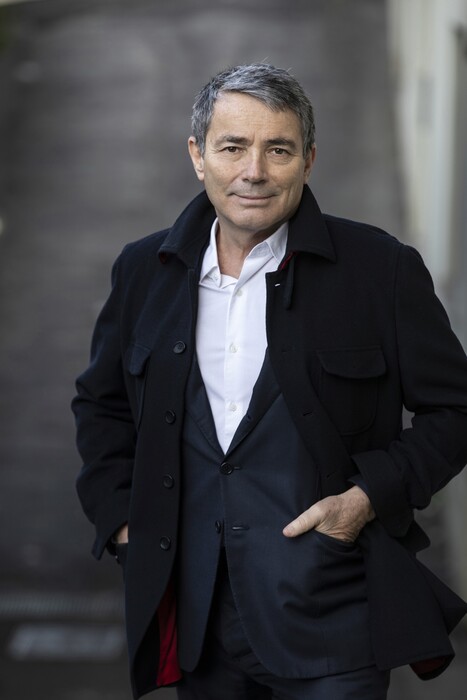

/cloudfront-eu-central-1.images.arcpublishing.com/prisa/KMEYMJKESBAZBE4MRBAM4TGHIQ.jpg)


/cloudfront-eu-central-1.images.arcpublishing.com/prisa/EXJQILQR5QI7OMVRTERD7AEZAU.jpg)
